The California Public Utilities Commission (CPUC) is introducing stricter regulations on data reporting for autonomous vehicles, according to a report from Reuters. Naturally, this applies to GM’s Cruise autonomous subsidiary, in addition to Alphabet’s Waymo and Amazon’s Zoox. The state commission now requires companies operating autonomous cars in the Golden State to file detailed, trip-level incident reports for all collision and non-collision incidents, plus citations and stoppage events.
The new rule demands autonomous vehicle companies to file reports with the CPUC and National Highway Traffic Safety Administration (NHTSA) simultaneously within one day of a given incident, and provide “more comprehensive information, enabling better oversight and prompt responses to collisions.”
This tightening regulation comes in the wake of an infamous accident from October 2023 involving a Cruise AV and a pedestrian in San Francisco, which ended in GM paying a $112,500 penalty to the CPUC for failing to promptly provide complete information on the crash.
However, work began on the new regulation as early as May 2023 when CPUC Commissioner Matthew Baker said the new rule “will provide critical information on how to keep passengers safe during their rides as we roll into a new era of more widespread autonomous vehicle use.”
The CPUC’s new regulation comes shortly after GM CEO Mary Barra doubled down on GM producing and autonomous vehicle with no steering wheel or pedals at some point, but didn’t specify when she expect that to happen. Also, development of the Cruise Origin fully autonomous electric van was paused indefinitely in July 2024. Cruise is operating again after a pause following the aforementioned 2023 accident, but putting the Origin on ice was an expensive decision, costing GM $583 million. It was a big part of Cruise’s operating loss of $1.14 billion in Q2 2024.
In other autonomy news, Elon Musk showed the world prototypes of the Tesla Cybercab and Tesla Robovan at the “We, Robot” conference in October. They’re both fully autonomous concepts without pedals or steering wheels, and Musk optimistically predicted the Cybercab two-seater will begin production in 2026.


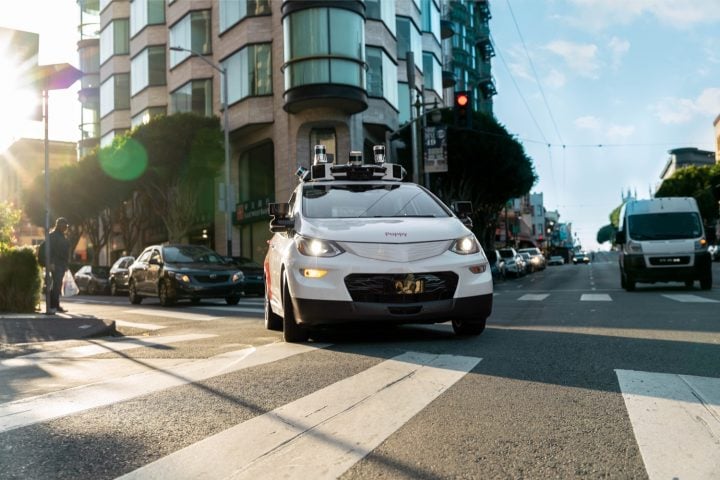
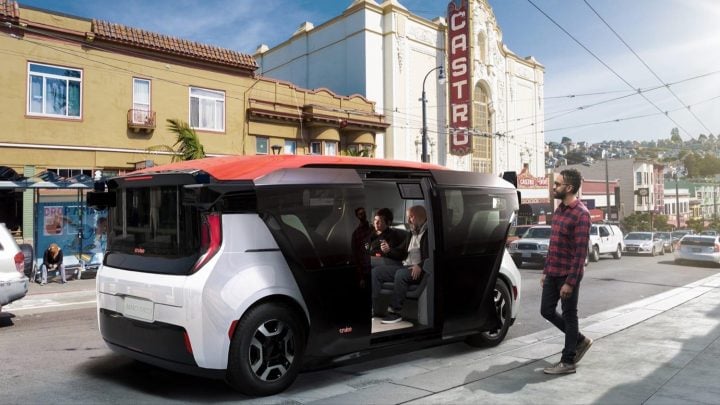

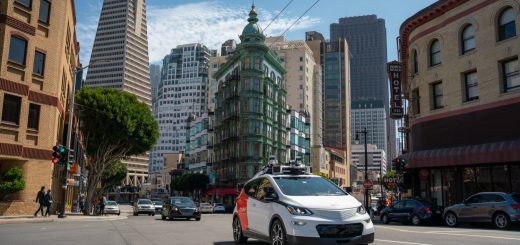
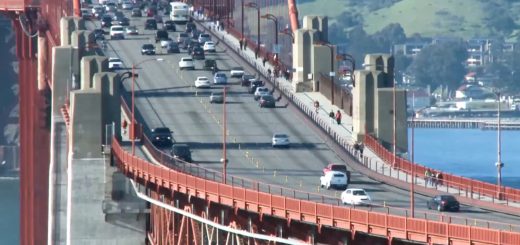
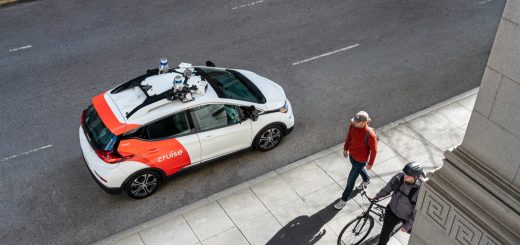
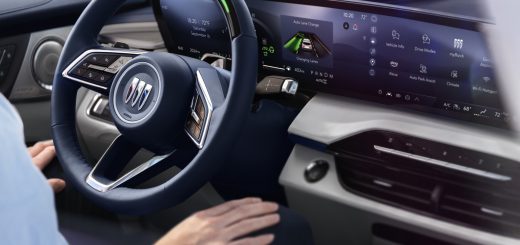
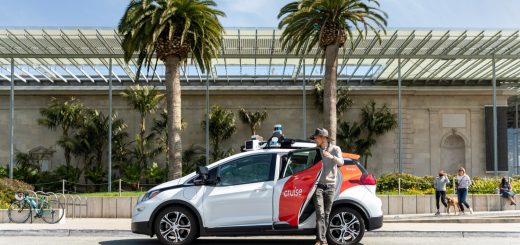
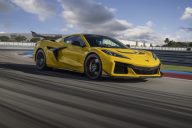



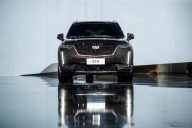
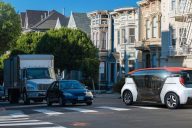
Comment
Good. It’s about time.